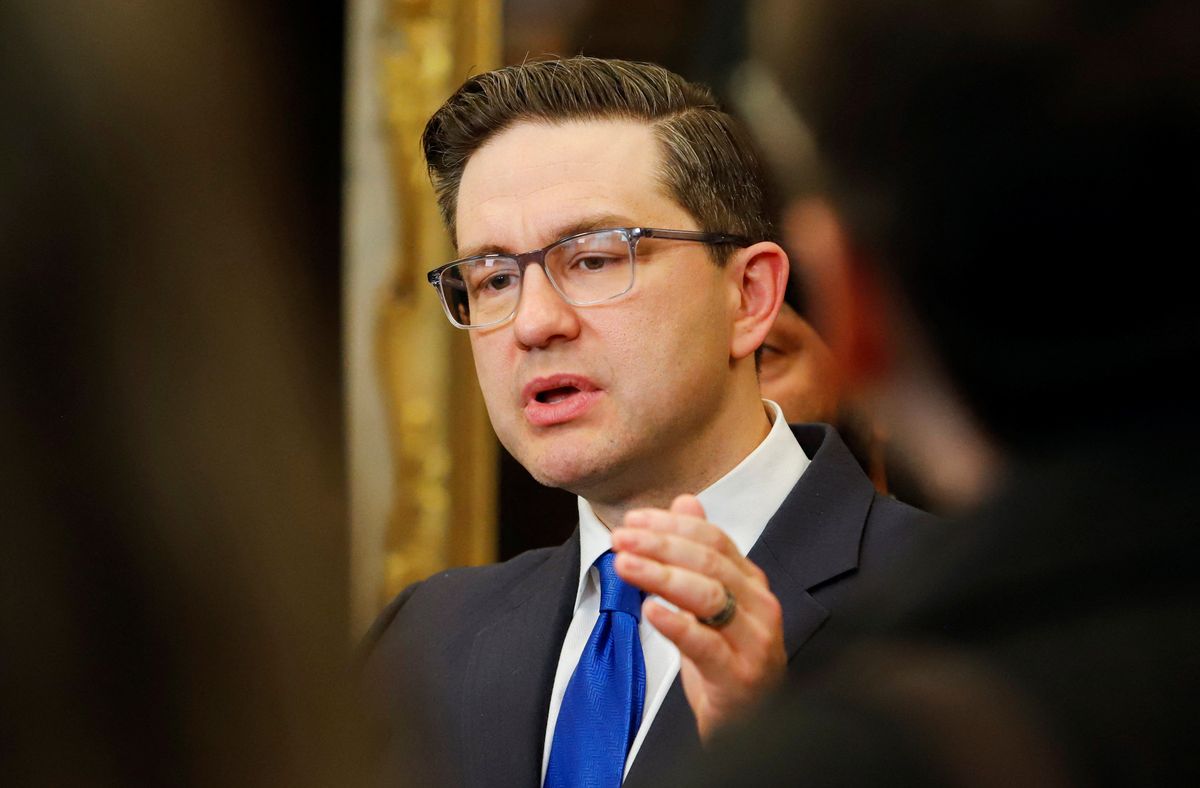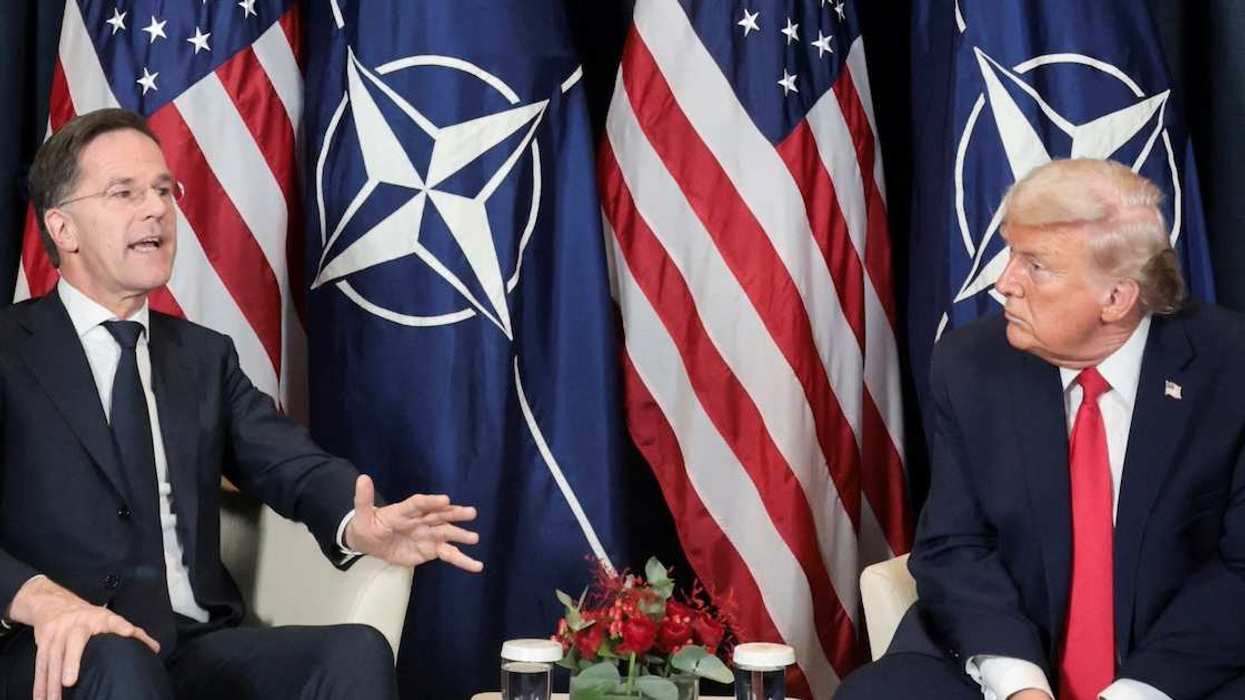Taking a page from Republicans throughout the United States, the Conservative Party of Canada put the culture wars on the agenda at its convention in Quebec City last weekend, with an unprecedented focus on transgender issues.
Delegates at the convention took aim at so-called “woke ideology” and passed a series of socially conservative policy resolutions, including on affirmative action hiring practices; opposition to mandatory diversity, equity, and inclusion training; and imposing limits on transgender healthcare for minors. The policies, adopted by the membership, are not binding on party leader Pierre Poilievre, who is up in the polls by about 10% and looking to unseat Prime Minister Justin Trudeau in the next federal election, which is due by October 2025.
The tone of the convention and the socially conservative policies are reminiscent of Republican efforts to make culture war issues a cornerstone of the party’s policy platform in recent years. Bills related to the trans community, and therapies for trans children, have emerged in dozens of states.
Consider that, ahead of the convention, conservative governments in Saskatchewan and New Brunswick pursued policies that require schools to secure permission from parents when a child wishes to change their name or use different pronouns. Similar themes are emerging in other provinces. The national Conservative Party picked up on the theme and ran with it.
The tone of the culture wars are remarkably similar on both sides of the border, but how much they’ll shape the politics of each country may differ.
Conservative leader Pierre Poilievre has somewhat backed away from social conservatism to focus on pocketbook issues, while others – like provincial premiers – have learned into the culture wars. That could be an electoral strategy that will pay off given that Canadians overwhelmingly cite the economy and inflation as core concerns.
What’s more, a recent poll found nearly 80% of Canadians think transgender people should be protected from discrimination. For Poilievre to win in a general election, he’ll have to court many of these Canadians as he can’t just rely on the Conservative base.
Republican presidential nominee hopefuls, on the other hand, are more likely to go all-in on the culture wars, particularly Donald Trump, Ron DeSantis, and Vivek Ramaswamy – at least for now. That’s because a full 69 percent of Republicans feel “the state of moral values” is “a very big problem,” compared to 39 percent of Democrats.


















